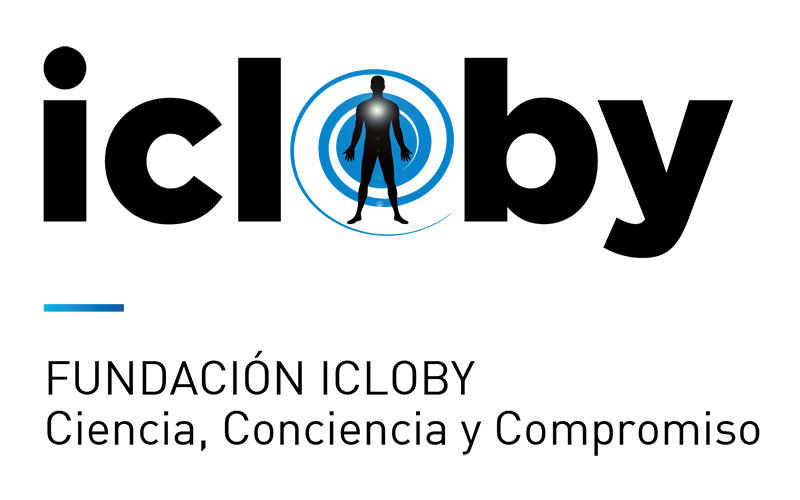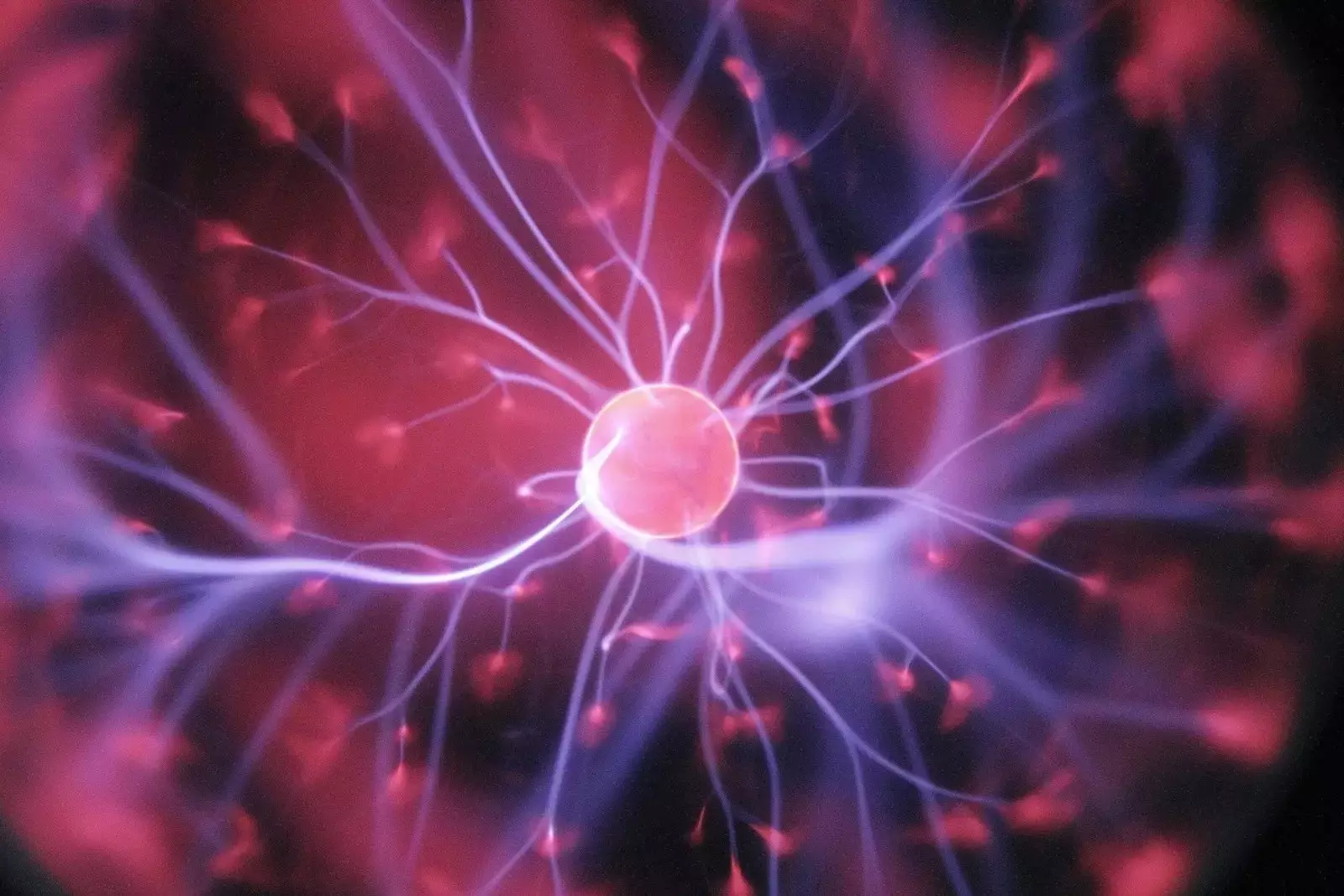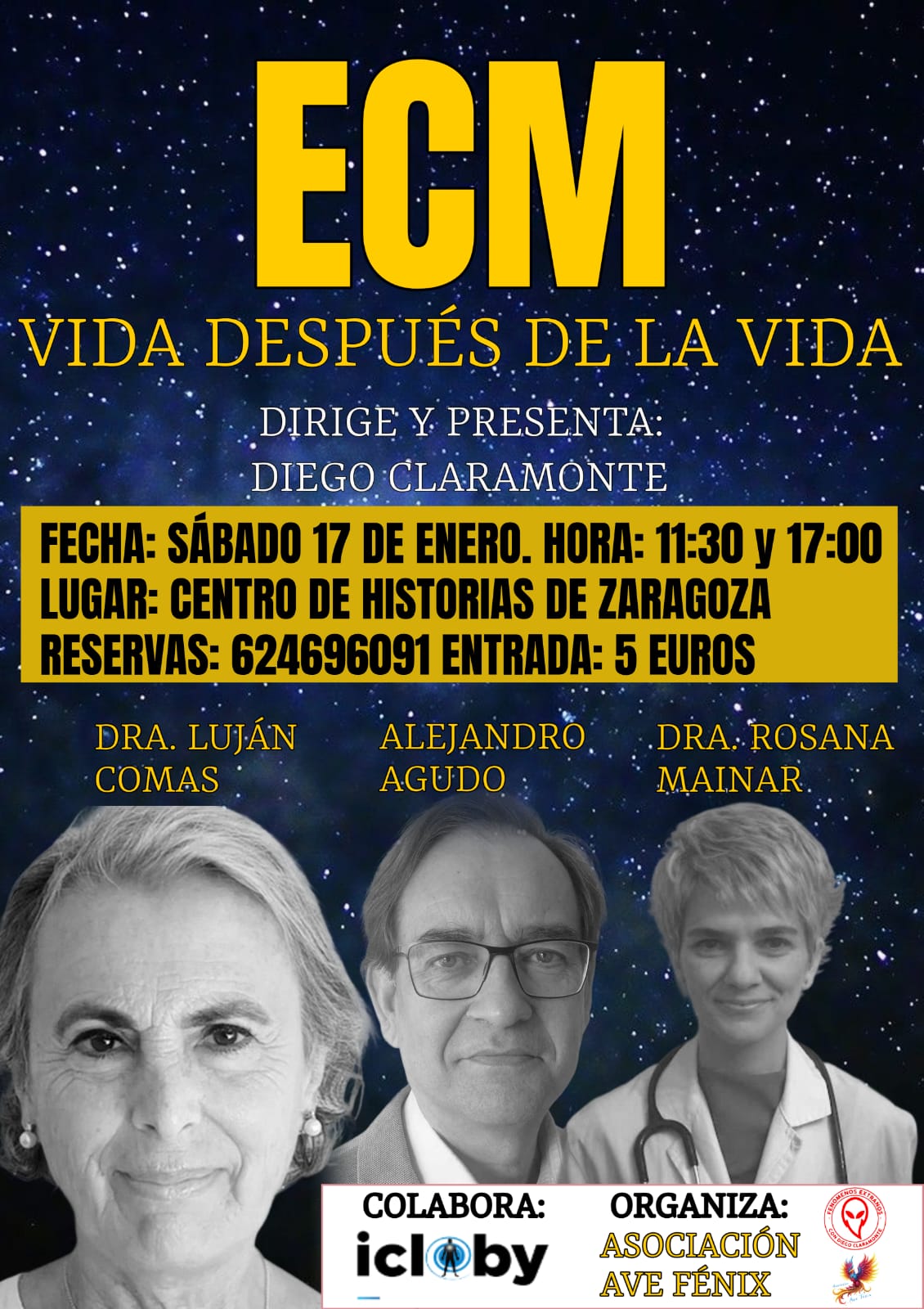Enquanto o artigo traça as origens do idealismo de volta a Agostinho de Hippo, Suas raízes poderiam se estender até Plotinus - ou até Platão.
Bernardo Kastrup, quem é doutor, é um dos filósofos mais originais e atraentes de hoje. Ele defende o idealismo analítico, oferecendo informações significativas sobre como devemos entender o mundo, consciência, e a própria realidade.
Kastrup revive a perspectiva idealista não apenas de Agostinho, mas, inesperadamente, Também de Thomas Aquinas - duas figuras principais da filosofia escolástica. Enquanto o idealismo alcançaria seu pico com Hegel, Kastrup não nega a realidade dos fenômenos experimentais, Permitir que suas idéias se alinhem aos desenvolvimentos científicos modernos.
Onde sua originalidade se destaca - obrigado ao seu passado no MIT e na ciência da computação - está afirmando que a experiência não transcende a mente; A consciência não vai além de si mesma.
Dois kastrup, A consciência é uma realidade fundamental na qual uma teoria completa da existência deve ser construída, apoiado por avanços na física quântica e neurociência.
Ele argumenta que o materialismo, Fisicalismo, e o naturalismo são ontologias incompletas ou falsas - modelos de realidade que não são necessários para a ciência nem vale a pena preservar. Realidade, ele afirma, é fundamentalmente consciência, E o que percebemos como realidade externa é simplesmente o que é dado a ela.
Entre esses fenômenos não locais, Ele inclui habilidades de PSI como telepatia e visualização remota, bem como estados e experiências meditativas induzidas por certas substâncias. Ao contrário das expectativas, Esses estados expandidos de consciência - ricos em profundidade e consciência - são frequentemente acompanhados por uma diminuição na atividade cerebral
Se a consciência é apenas um subproduto da atividade cerebral, Então, por que a atividade cerebral diminui durante esse aumento de estados de consciência?
Kastrup usa este paradoxo para reforçar seu modelo idealista, Onde a consciência é fundamental - assim como as sementes dessa visão já estavam presentes na filosofia escolástica de Agostinho.
Óscar Llorens e Garcia





